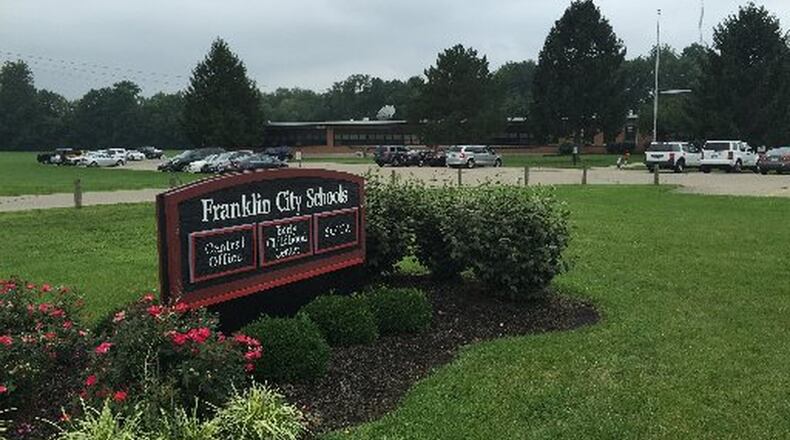“The difficult economic times made a lot of people nervous, and people had difficulty understanding the ballot wording and that passage would not have increased taxes,” Sander said. “We feel we have the support of the community who care a lot our kids.”
Substitute levies do not raise tax rates on existing taxpayers, but allow the district to see revenue growth in future years, as the levy’s tax rates are applied to any new construction.
Had the levy passed, it would have generated about $7.75 million a year for the district. The cost of the levy would have been $465.91 per $100,000 in property value.
Sander said he anticipates the Franklin Board of Education will propose a similar tax issue for the May 2023 ballot.
“This is about 20% of our annual budget,” he said. “We’re going to look at everything we do to see where cuts can be made and hoping to have the least impact on students, which is something the board is very good at.”
He said voters were afraid to commit to a levy as they have concerns about high inflation and incomes not keeping up.
“I hope things settle down by spring with the economy,” Sander said. “We’re going to keep doing what we do everyday by doing the best for the students.”
School treasurer Kevin Hawley said the current substitute levy on the ballot was a renewal of a substitute levy last passed in 2018. The levy makes up about 21% of the school district’s budget, and mainly pays into the general fund, which pays for items like teachers’ salaries, electric bills and other day-to-day items.
“Ultimately it’s incredibly important to the district. It’s incredibly important to the community,” Hawley said. “Because it’s 21% of our budget, we definitely rely heavily upon it.”
The district’s five-year forecast from May 2022, the most recent forecast, shows the amount of money the district will be spending on staff salaries and benefits is expected to rise gradually in the next four years. Franklin’s forecast projected the district would basically run out of money by summer 2024.
About the Author

